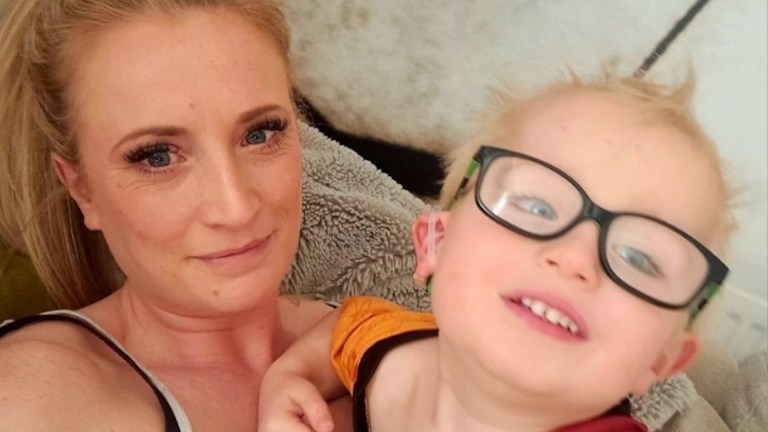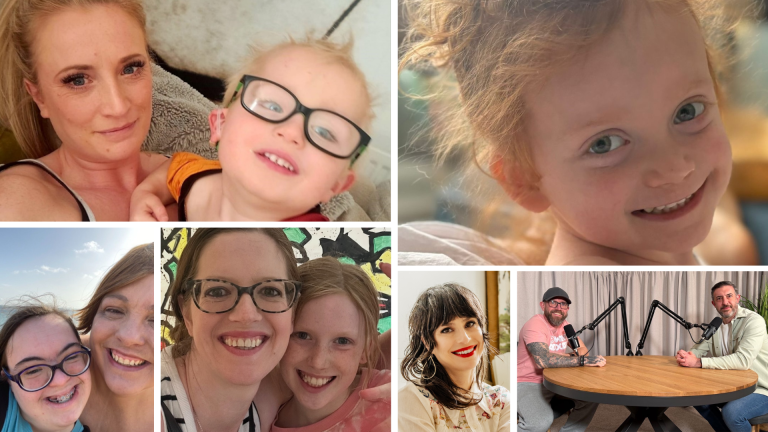Period shame is stopping people from seeking help about their health concerns, according to a new report from Plan International UK.
The first-of-its kind study looks at the stigma faced by people who menstruate in the UK and calls for action on period poverty and better period education in schools.
The charity found that 79 per cent of those with periods have been concerned by symptoms linked to it, such as heavy bleeding, severe pain and irregularity. But of the 1,004 14- to 21-year-olds asked, more than a quarter (27 per cent) said they were too embarrassed to speak to a health professional about their concerns while menstruating. More than half (54 per cent) said they hadn’t sought medical advice because they thought their symptoms were typical. A total of 13 per cent were told they were exaggerating.
A culture of stigma and silence around periods was also revealed in the survey, which the girls’ rights charity claims is turning menstruation into a hidden public health issue that puts physical, sexual and mental health at risk.
The report also investigated period poverty and education around periods, discovering that two fifths of those surveyed have also had to use other methods of dealing with their period because they could not afford proper sanitary products.
Tanya Barron, chief executive of Plan International UK, said, “It’s worrying that girls and young women are experiencing symptoms linked to their periods that they’re concerned about but aren’t seeking a medical opinion.





